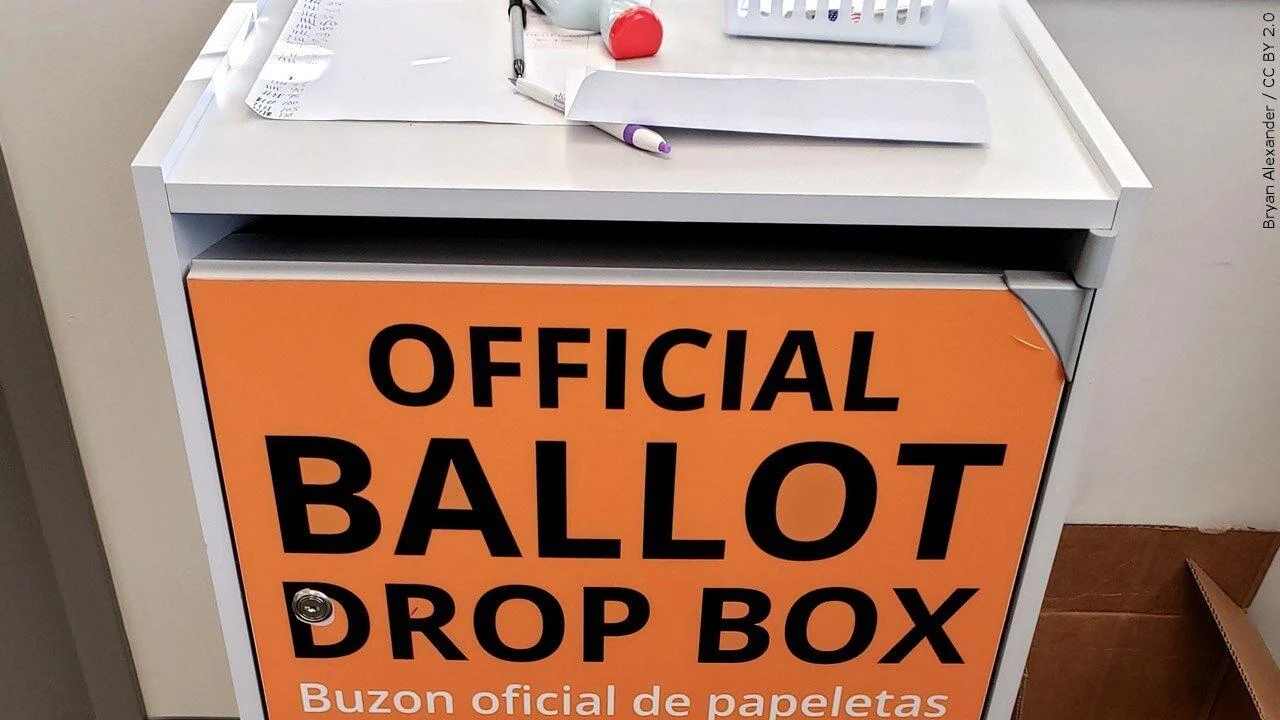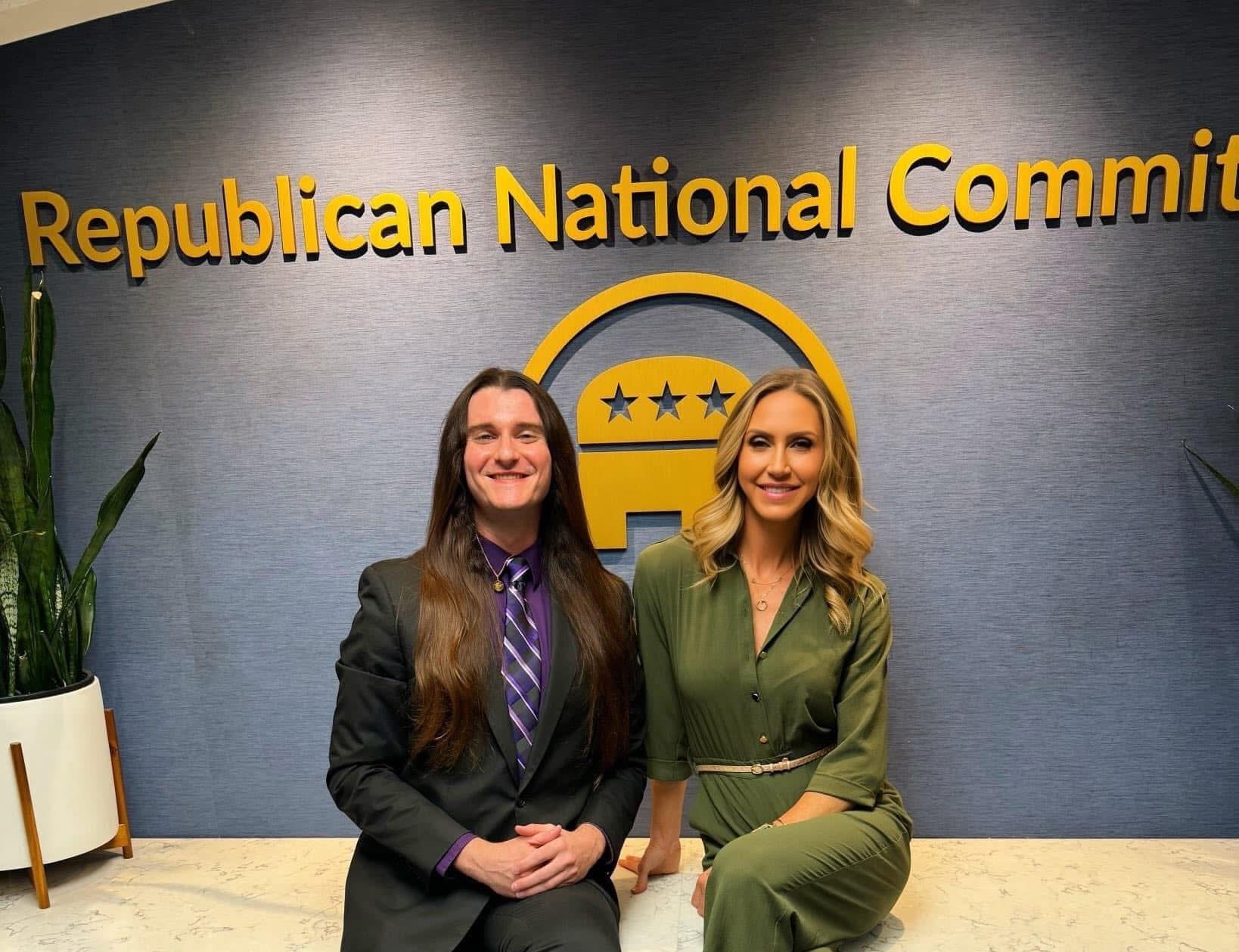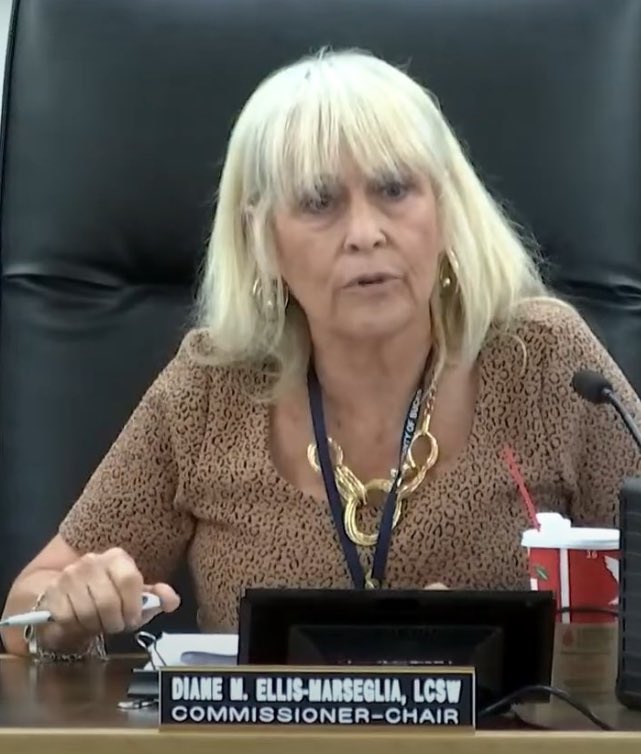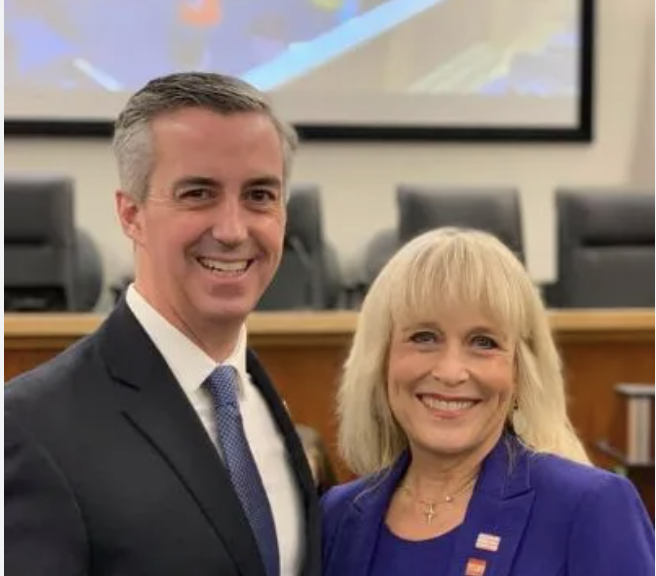Pennsylvanians often treat judicial retention races as an afterthought. Some might even need a refresher on the concept. But when it comes to the rules governing elections, the Pennsylvania Supreme Court has already shown how influential these justices can be, and why these elections are so essential. This November, Justices Christine Donohue, Kevin Dougherty, and […]










